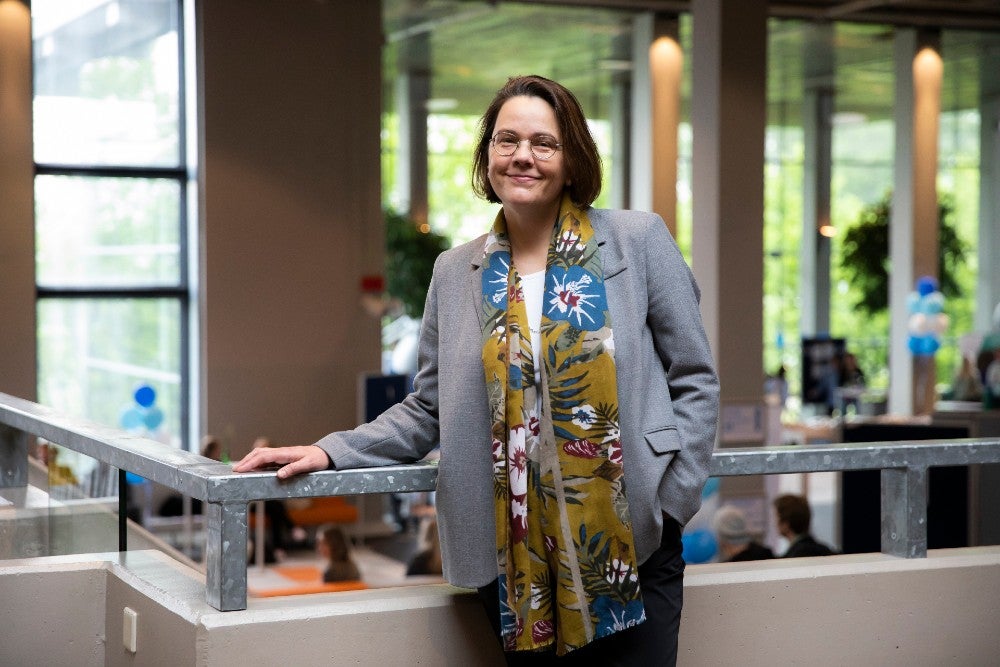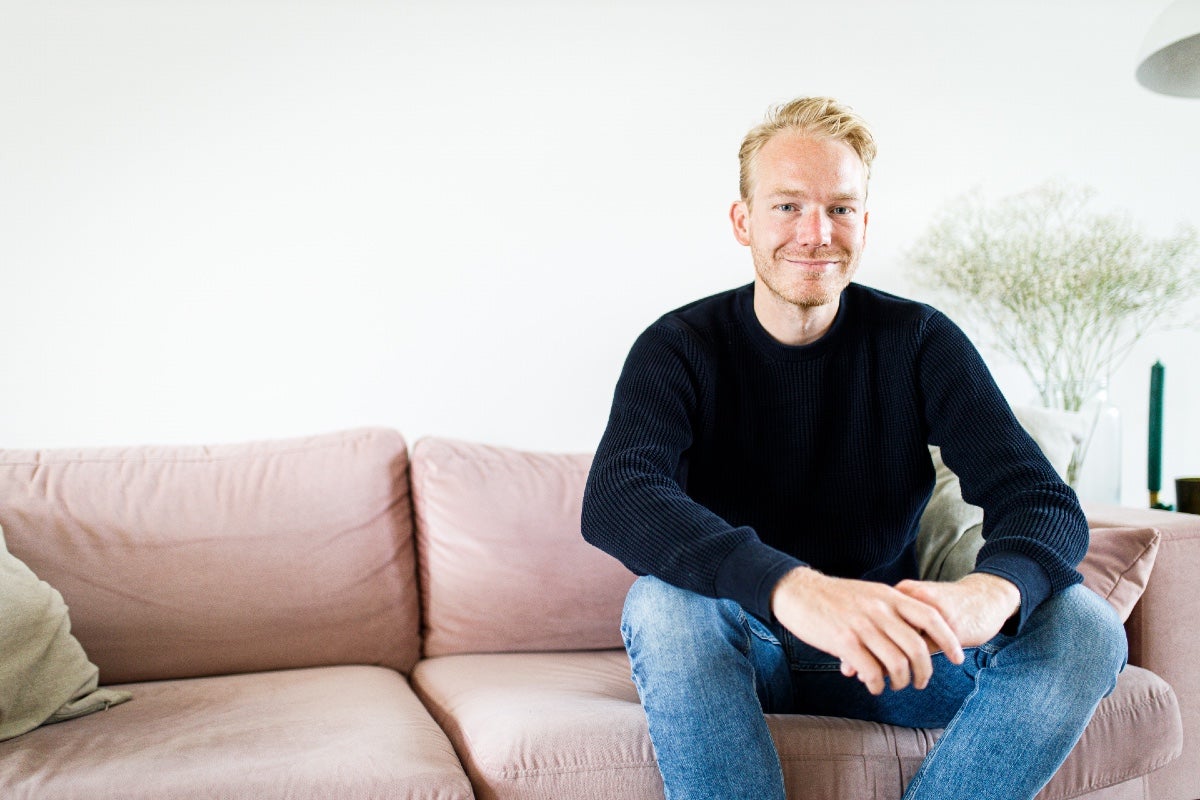Professor Renée van Schoonhoven, a lecturer in Education Law, shares her thoughts on three talk shows featuring guests who made recommendations to improve the Dutch education system. „It’s absurd that we regard diplomas as a reward for someone’s hard work."
„The talk shows were organised as part of the Kuyper Anniversary Year celebrations. Participants explored the question of what should be the role of education in Dutch society a century after the death of VU founder Abraham Kuyper, and how we should ideally put this role into practice. The recommendations serve as input for the debate on Article 23 of the Dutch Constitution, which provides for freedom of education."
You have been involved in academic research into education issues for many years. Are you still surprised by the outcomes of discussions on this topic?
„Certainly. During the first session on citizenship, Kamel Essabane pointed out that we must be careful from what frame of reference we assess civic education. Here in the Netherlands, we’re inclined to regard more orthodox views as deviant, which is pretty strange when you think about it. Even if your own values and principles might not be so traditional, that doesn’t mean more conservative views are beyond the pale. I find the self-evidence with which we essentially consider more orthodox perspectives ‘aberrant’ to be peculiar, and I would like to explore this phenomenon in my research in the coming years."
Could you name a specific example of one of those orthodox points of view?
„Take relations between the sexes, for example. In Protestant culture, it was a long-held belief that women should be restricted to the domestic sphere – their responsibilities being limited to bearing and raising children – and that the male was the provider and the head of the family. While I wouldn’t personally subscribe to that viewpoint, I do feel people are entitled to their opinions – we have freedom of religion, after all. If you exclude people simply because you don’t like their ideas, you’re never going to build a better and more tolerant society. The fact that you personally find someone’s ideas repellent doesn’t mean you should shy away from discussion with that person."
What conversation do you feel we need to be having following these recommendations?
„The discussion started by Louise Elffers, who noted that the Dutch education system is founded on the meritocratic ideal, which holds that any child who does their best will eventually be rewarded for their hard work. The sort of job you’ll end up finding and the kind of diploma you end up earning tells people something about how you fared in the education system. That means that someone with a vocational qualification is considered less accomplished than someone who has completed an academically oriented secondary school. But that’s not true: the vocational student has worked every bit as hard as the grammar school pupil."

„We live in a society where we tend to regard diplomas as a reward for hard work, which is absurd, because we’re all born into different circumstances; some are more privileged than others. Intelligent people are more respected; someone with a 120 IQ is regarded more highly than someone with an IQ of 80. That’s something the education system can’t really control, but it’s important that those differences don’t carry over into the education system and affect how educational institutions communicate with their pupils and students."
Is that idea consistent with the recommendation that teachers should show some students more attention than others?
„Absolutely. The most intelligent people end up going to school longer than everyone else and are taught by the best-educated teachers and lecturers. If it were up to me, we’d turn that around: why not enlist university-educated teachers to work in vocational education, and see what happens?"
To what extent are the recommendations true to Kuyper’s legacy?
„Kuyper was someone with an activist streak, who was open to other people’s opinions. He liked to involve everyone in a debate, and would also get into heated discussions with his opponents through his columns, letters, and politics. I think the way we defined these recommendations is very much in the Kuyper tradition. And our work isn’t done yet: there are still some controversies around certain issues, so we need to get a debate going, or we’ll never get anywhere."
What made you take an interest in education as an area of research?
„I think education has simply been an abiding interest of mine. Education is an essential part of life, which is about serving the interests of children and young people. Children must receive a decent education and be given the tools they need to live productive and rewarding lives. How and where we were educated affects so many different areas of our lives."
„That was another concern of mine back when I was a sociology student in Rotterdam in the 1980s. A very good lecturer was let go from my university because he did not pass the university’s publication threshold. We students were very angry about this incident, and I remained incensed until one of my fellow students said: “If you’re still that upset, why don’t you do something about it?” That’s when I developed an interest in education – one that has been known to get a little out of hand at times."








